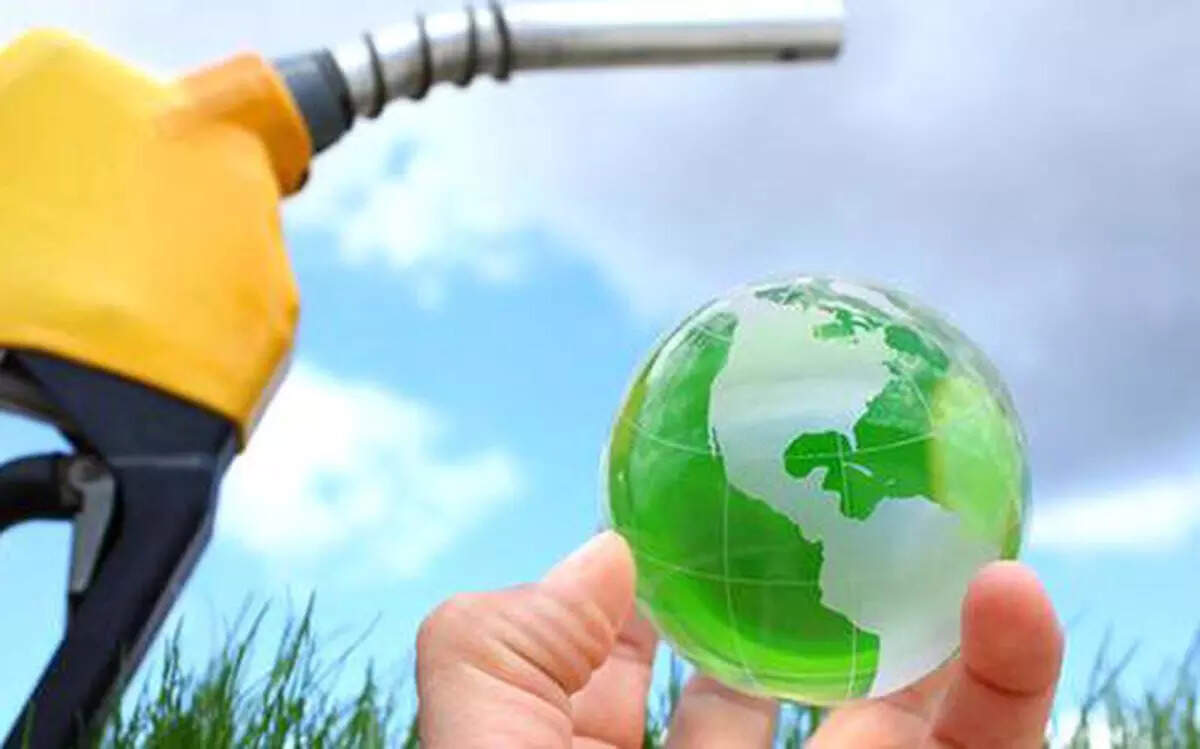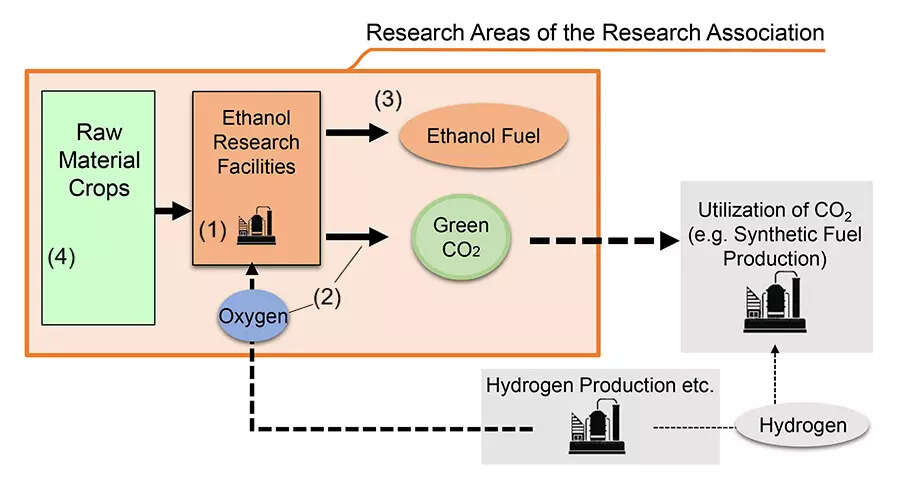
New Delhi: ENEOS Corporation (ENEOS), Suzuki Motor Corporation (Suzuki), Subaru Corporation (Subaru), Daihatsu Motor Co. Ltd. (Daihatsu), Toyota Motor Corporation (Toyota), and Toyota Tsusho Corporation (Toyota Tsusho) today announced the establishment of the Research Association of Biomass Innovation for Next Generation Automobile Fuels (Research Association) on July 1, 2022, to study ways to optimize the process of producing fuel.
This Research Association promotes technological research on the use of biomass, as well as the efficient production of bioethanol fuel for automobiles through the optimized circulation of hydrogen, oxygen, and CO2 during production to achieve a carbon-neutral society.
The specific research areas are as follows:
– Research on Efficient Ethanol Production Systems
With the aim of improving production technology for second-generation bioethanol fuel that does not compete with food, the Research Association will design, install, and operate production facilities, identify issues with production, research solutions and study ways to improve the efficiency of production systems.
– Research on Byproduct Oxygen, CO2 Capture, and Utilization
The Research Association will study how to use the high concentration of oxygen generated as a byproduct during hydrogen production as well as the CO2 generated during bioethanol fuel production.
– Research on the Efficient Operation of the Overall System, Including Fuel Utilization
The Research Association will investigate the issues involved with using bioethanol fuel obtained in (1) to automobiles and other vehicles and explore solutions. It will also study model formulas that can make predictions of both raw material cultivation production volumes and fuel production volumes.
– Research on Efficient Raw Material Crop Cultivation Methods
The Research Organization will develop a system that proposes optimal cultivation methods for maximizing yield and optimizing crop components to secure raw materials for bioethanol fuels. It will aim to improve the accuracy of crop yield productions through soil composition surveys and other methods.

Hydrogen and synthetic fuels based on electricity from renewable energy sources, as well as bioethanol fuel able to reduce CO2 emissions through photosynthesis in plants are promising options, and their effectiveness has been confirmed by the Intergovernmental Panel on Climate Change (IPCC).
Go to Source